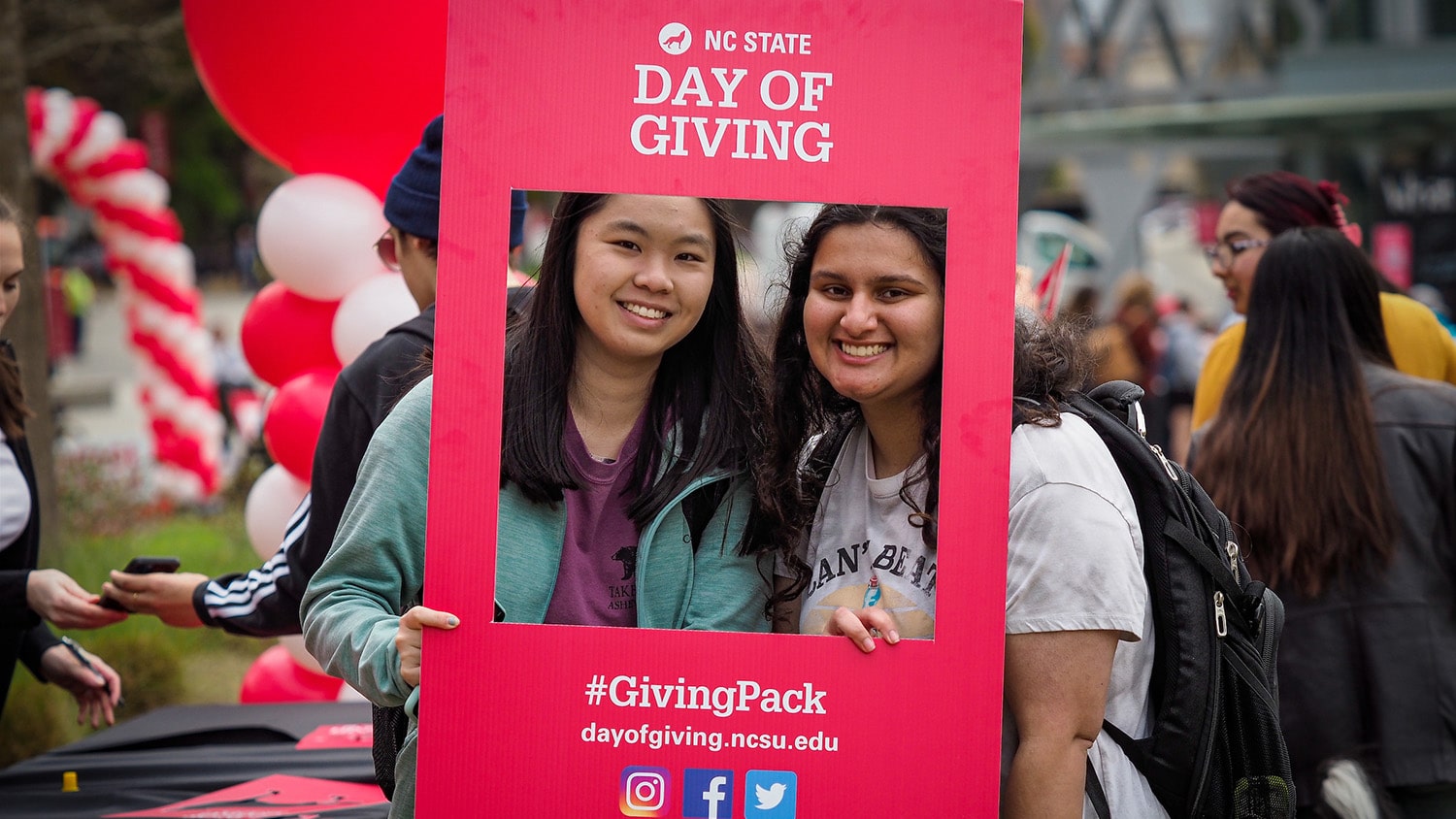Department of Statistics Produces More Doctoral Graduates Than Any Other Program in the U.S.
Four alumni share how their doctorate degrees in statistics have impacted their lives and careers.
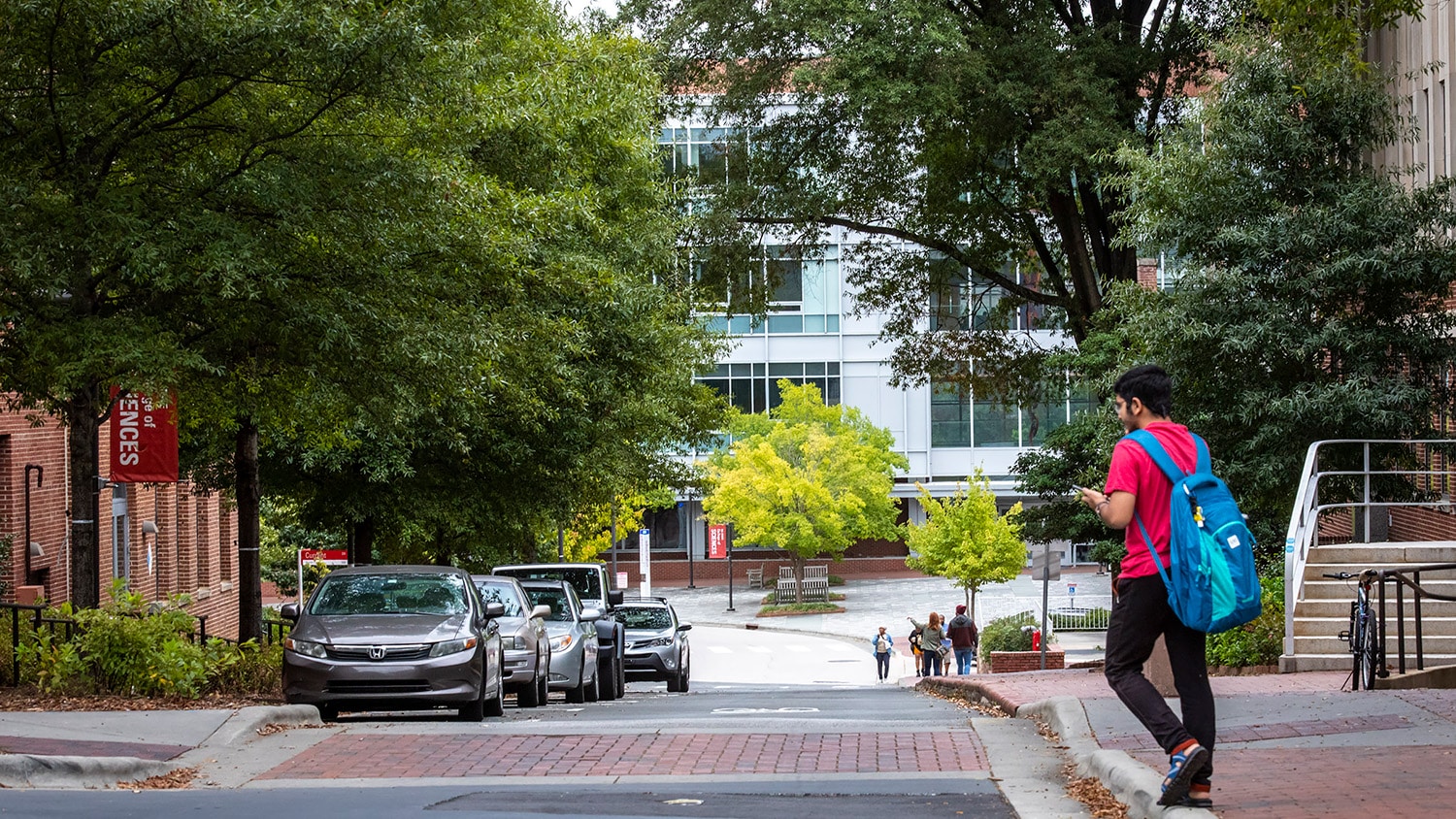
The College of Sciences’ Department of Statistics — one of the largest in the U.S. — has produced more doctoral graduates than any other statistics program in the nation over the last two decades. According to the American Statistical Association, the department has awarded 350 doctorate degrees between 2003-2021 — nearly 100 more than the institution with the second highest number of doctoral statistics graduates.
The world-class faculty and the wealth of opportunities to explore a wide range of specializations set the department apart. There’s no better way to speak to its success than by highlighting the alumni, many of whom have gone on to have rewarding careers in various fields, including academia, biostatistics, the pharmaceutical industry and more.
Hear from four graduates of the doctoral statistics program about the impact their degree has had on their lives and careers.
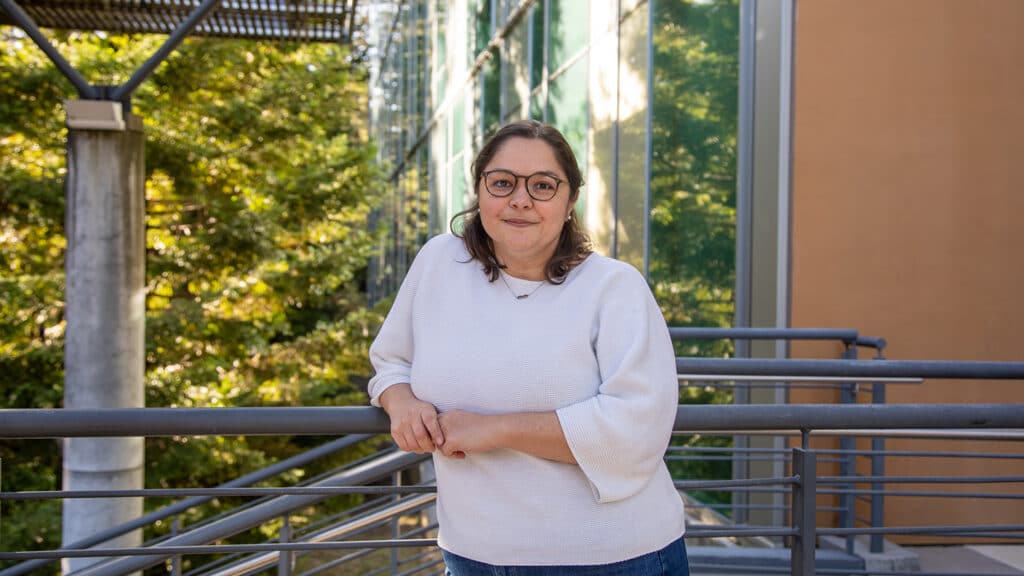
Marcela Alfaro-Córdoba ’17
Assistant Teaching Professor of Statistics at the University of California, Santa Cruz
Q: Why did you choose to get a doctorate in statistics?
A: Back home in Costa Rica, I enrolled in a civil engineering degree program, but decided it wasn’t for me. At the same time, I was taking a statistics class and I loved it. So I decided pretty early on that statistics was something that I wanted to do, mainly because I like math. I especially like math that you can apply to solve real problems. Statistics was a great opportunity to learn from a specific set of tools, but also to work with people from other areas. My curiosity was fed all the time because I got to learn from scientific problems from other groups — and I’m still doing that.
Q: Why did you choose NC State?
A: I researched Raleigh and I thought it would be a great place to live. A concern of mine was being the only minority around in the city, but Raleigh was affordable and diverse enough for me to feel comfortable. In the Department of Statistics, there was also a great melting pot of backgrounds in the faculty — in terms of race and religion, but also in terms of their knowledge.
Q: What skills/experiences did you gain from the graduate statistics program that you might not have gotten elsewhere?
A: I was lucky enough to work with Professor Lian Xie on hurricane forecast predictions for North Carolina. One of the experiences I really value was having the opportunity to talk to the press about the forecast. It taught me how to communicate scientific results with people outside of academia.
I also got to publish papers in collaboration with various groups at NC State, such as the College of Veterinary Medicine and the Department of Biological and Agricultural Engineering. Looking back, publishing papers so early on in my career — as well as learning about the scientific challenges of different research groups on campus and working with their data — was a unique opportunity. I don’t think I would’ve had the same opportunities in a smaller graduate statistics program.
Q: Who at NC State influenced or supported you the most?
A: I had great support from the female faculty in the department. I was lucky to have Professor Montserrat Fuentes, the former head of the department, as my advisor and take advantage of the opportunities she offered me, including introducing me to Joe Guinness, a former assistant professor in the department. He became my co-advisor and provided guidance and support through my last two years of graduate school. Consuelo Arellano, a former research assistant professor in the department, pushed me to participate in smaller projects. Professor Ana Maria Staicu gave me the opportunity to participate in collaborations with the College of Veterinary Medicine and with one of my classmates on a more theoretical paper. Emily Griffith, an associate research professor, was also a great example for me of how someone can stay in academia and still do consulting work.
Q: How has your NC State degree helped you achieve your career goals?
A: I think it made a difference, because it’s a well-run program and everybody recognizes it.
Q: Was there a certain resource at NC State that you found particularly helpful?
A: I’d like to acknowledge the Wellness and Recreation Center. Getting a doctorate is not an easy process, but exercise can be a great outlet. The center was so accessible and the classes were great. It kind of saved me from having a lot of breakdowns.
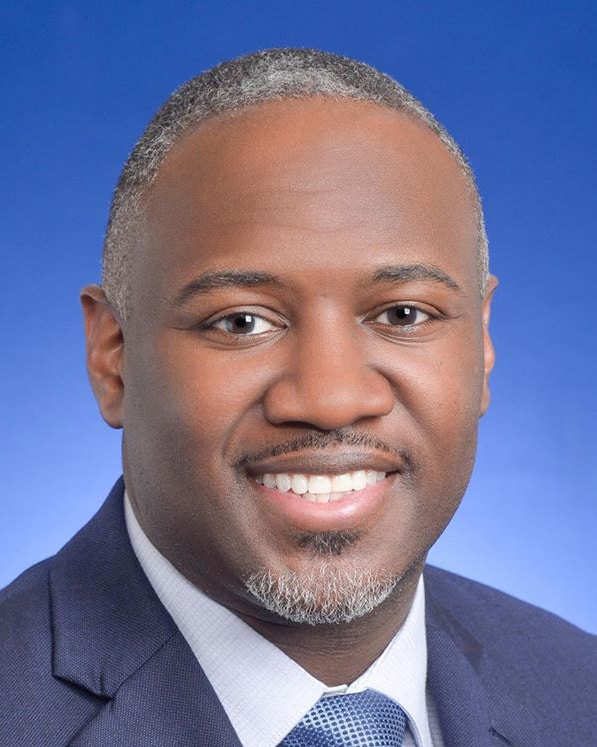
Adrian Coles ’14
Director of Biostatistics at Bristol Myers Squibb
Q: Why did you choose to get a doctorate in statistics?
A: I got my bachelor’s degree in math education and my original plan was to teach secondary mathematics. I was exposed to statistics as part of the curriculum, and I really developed a passion for it. I had the opportunity to go to a workshop at the former Statistical and Applied Mathematical Sciences Institute (SAMSI) and see all sorts of problems that people were solving in the real world with statistics. I instantly fell in love, and that’s what motivated me to change my mind about being a secondary math teacher and get my graduate degree in statistics instead.
Q: Why did you choose NC State?
A: One of my professors at the University of North Carolina Wilmington, where I completed my undergraduate studies, knew some people at NC State and connected me with the Department of Statistics. Around the same time, I attended a recruitment event where I was able to speak with several people in the statistics department. I got to chat with two leaders from the department and felt like I built a meaningful relationship with them. That’s really what motivated my decision to come to NC State.
Q: What skills/experiences did you gain from the program that you might not have gotten anywhere else?
A: Beyond a core skill set of quantitative skills, I developed the ability to think about problems holistically and solve them using first principles. This skill set has been very valuable in the pharmaceutical industry. I had a fellowship called the Initiative for Maximizing Student Diversity (IMSD) — which is funded by the National Institutes of Health and administered by The Graduate School — and one of the requirements was that I start doing research very early on in my graduate career. I started working with Professor Daowen Zhang and having that research experience to supplement my coursework helped me to develop into an effective problem solver. It also introduced me to SAS programming and some clinical trial language. IMSD also gave me the opportunity to get to know some of the university administrators and folks from other departments and disciplines.
Q: Who at NC State influenced/supported you the most during your time here?
A: There were a lot of people at the Department of Statistics who had an impact on me. Some of them aren’t at NC State anymore, but they’re part of the department’s legacy and history in shaping the cultural environment that’s necessary for success. They understood that while intelligence and talent in statistics are important for success, a student’s ability to feel culturally accepted matters just as much.
Daowen Zhang exposed me to research and thinking about how to use some of the tools that I was using in my coursework. Eric Laber was my professor for survival analysis and he helped shape my thinking around research and what I wanted to do career-wise. Jacqueline Hughes-Oliver was a wonderful mentor who helped me stay motivated during times when I really started to doubt myself. Donald Martin was a huge support. We talked about topics such as faith, family and the work we were doing. David Dickey, who’s now retired, was very encouraging. We had some great conversations early on that helped me see my potential in the department.
Q: How has your NC State degree helped you achieve your career goals?
A: Having my doctorate from NC State has certainly opened doors. NC State is known for producing problem solvers and has a wonderful reputation in the field of statistics. I’ve been active in the American Statistical Association, the Eastern North American Region International Biometric Society and other professional societies, and there hasn’t been a single place that has not shown appreciation and respect for the fact that I graduated from NC State.
I work in the pharmaceutical industry, where people lean heavily on historical precedents. But that type of behavior can become a barrier to innovation. As a graduate of NC State’s Department of Statistics, I’ve been trained to think about problems from their smallest parts and build them up to a solution, which allows me to take an innovative approach to problem solving.
Q: Was there a certain resource at NC State that you found particularly helpful?
A: There was an unofficial group within the department that would meet to provide support to one another, and it created a sense of community. I also participated in student government, which was helpful in that it gave me other things to think about and other problems to solve outside of statistics. It gave me an opportunity to meet people from different disciplines, which was very helpful.
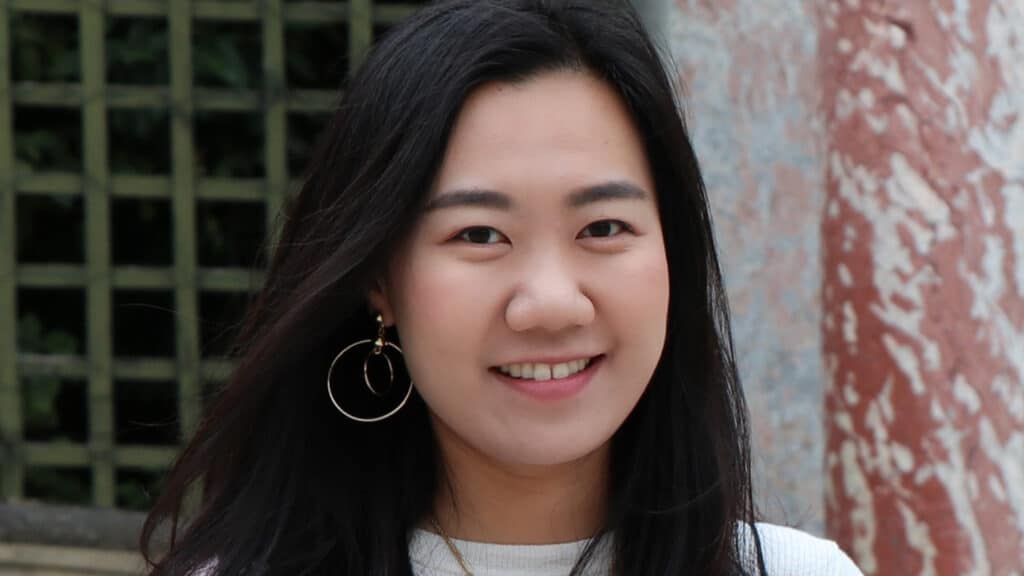
Yifang Li ’15
Associate Director of Biostatistics at Novartis
Q: Why did you choose to get a doctorate in statistics?
A: I completed my undergraduate studies in China and got my degree in mathematics with a concentration in statistics. My university offered several concentrations, but statistics seemed to have more variety in terms of future opportunities. I originally enrolled in Clemson University’s applied mathematics doctorate program. My advisor’s research was in statistics, but I realized I wanted to be in a statistics department to really further my knowledge. I ended up transferring to NC State’s graduate statistics program.
Q: Why did you choose NC State?
A: When I started looking around for graduate statistics programs, I found that NC State’s Department of Statistics was large and had a good reputation. I was impressed with the opportunities the program’s alumni have had, the curriculum, and the variety of the faculty’s research and expertise. The department has faculty in almost every area of statistics, so I knew I would get exposure to the entire field and really have a chance to figure out what my interests were.
Q: What skills/experiences did you gain from the program that you might not have gotten anywhere else?
A: I had the opportunity to do a long-term internship with Quintiles (now called IQVIA) through the department’s Graduate Industrial Traineeships program, which allows students to intern with local companies in industries such as pharmaceuticals and data science. The internship gave me hands-on industry experience, which really cultivated my career interests and made my job search so much easier. As an international student, I didn’t have to worry about getting a work visa because the internship was secured through the department. I don’t really see these types of programs at other universities, so that opportunity stood out to me.
Q: Who at NC State influenced/supported you the most during your time here?
A: My advisor, Sujit Ghosh, was very supportive of me going to conferences and exploring industry internship opportunities. He served as deputy director of SAMSI at the time, and I worked there as a student fellow. He gave me opportunities to give presentations and work with professors from other universities, as well as with professionals from the corporate sector. I think all of this contributed to the development of my interpersonal skills and my ability to work with people without a statistics background, which has served me in my career.
Q: How has your NC State degree helped you achieve your career goals?
A: The fundamentals that I learned in the statistics program have stuck with me — I still refer to my class notes today. I got a solid foundation in statistics and opportunities that helped me develop the communication and interpersonal skills to work with non-statisticians.
Q: Was there a certain resource at NC State that you found particularly helpful?
A: The proximity to the Research Triangle Park was definitely an advantage. You’re close to so many companies and to Duke University and the University of North Carolina at Chapel Hill, which also have strong statistics departments. That creates a community for statistics, which I think is also quite unique.
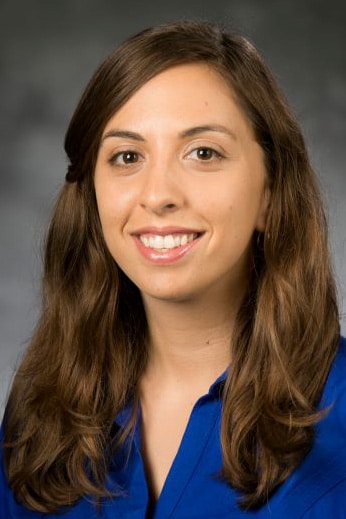
Gina-Maria Pomann ’15
Assistant Professor of Biostatistics and Bioinformatics at Duke University
Q: Why did you choose to get a doctorate in statistics?
A: I graduated with a bachelor’s in mathematics in 2009, at a time where it felt like there weren’t many opportunities for people coming out of their undergraduate studies, so that was a motivator to continue my education. While I was in school, I participated in the Mathematical Sciences Research Institute Undergraduate Program (MSRI-UP), and I truly believe I never would’ve gotten my doctorate if I hadn’t been part of that. MSRI focuses on supporting diverse students in getting advanced degrees, and that’s where I learned there was more you could do with a mathematics degree than teach or be an actuary. I learned there were different ways to fund a doctorate degree, so I started beefing up my resume with research experience to potentially qualify for fellowships. As part of MSRI-UP, I also attended a conference for the Society for Advancement of Chicanos/Hispanics and Native Americans in Science (SACNAS). The organization turned out to be a mentor parade for me. I got the hand-holding mentorship that projected me into a graduate career in statistics.
Q: Why did you choose NC State?
A: NC State’s Department of Statistics has access to experts in a variety of different areas of statistics, which was very appealing to me. A lot of the other statistics programs I was looking at were strong in certain specializations, but I wanted to go somewhere that had a broad educational opportunity. I was also drawn to the diversity and inclusivity of the Department of Statistics. The amazing female faculty members provided an example of what my life and career could be. I also have disabilities, so knowing that NC State had a strong accessibility services office that was capable of working with graduate programs was a big factor.
Q: What skills/experiences did you gain from the program that you might not have gotten anywhere else?
A: I came to NC State on a National Heart, Lung, and Blood Institute traineeship, which allowed me to learn what statisticians were doing at Duke and build a network of connections there. This exposure led me to where my career is now. My advisor, Ana Maria Staicu, had previous connections with doctors and researchers at Johns Hopkins University, so I got involved with biostatistics research there focused on MRIs for patients with multiple sclerosis. That was a crazy opportunity where I was building collaborations cross-institutionally. I also gained leadership skills by starting chapters for two organizations, SACNAS and We Connect Now for students with disabilities. And I love how big the graduate statistics program is. It allows you to pick who to surround yourself with and strategically build your support structure.
Q: Who at NC State influenced/supported you the most during your time here?
A: My advisor and the entire faculty were crucial to my success. Marie Davidian, J. Stuart Hunter Distinguished Professor in the Department of Statistics, and Montserrat Fuentes provided an outstanding example of what leadership could look like in statistics and biostatistics. And they influenced my career because I learned that I wanted to pursue a similar career path.
Q: How has your NC State degree helped you achieve your career goals?
A: The ability to participate in a broad spectrum of research opportunities and the close mentorship from the faculty has been a big help.
Q: Was there a certain resource at NC State that you found particularly helpful?
A: The alumni network is unlike anything else. It’s been unbelievably important as I continue to grow in my career.
- Categories:

